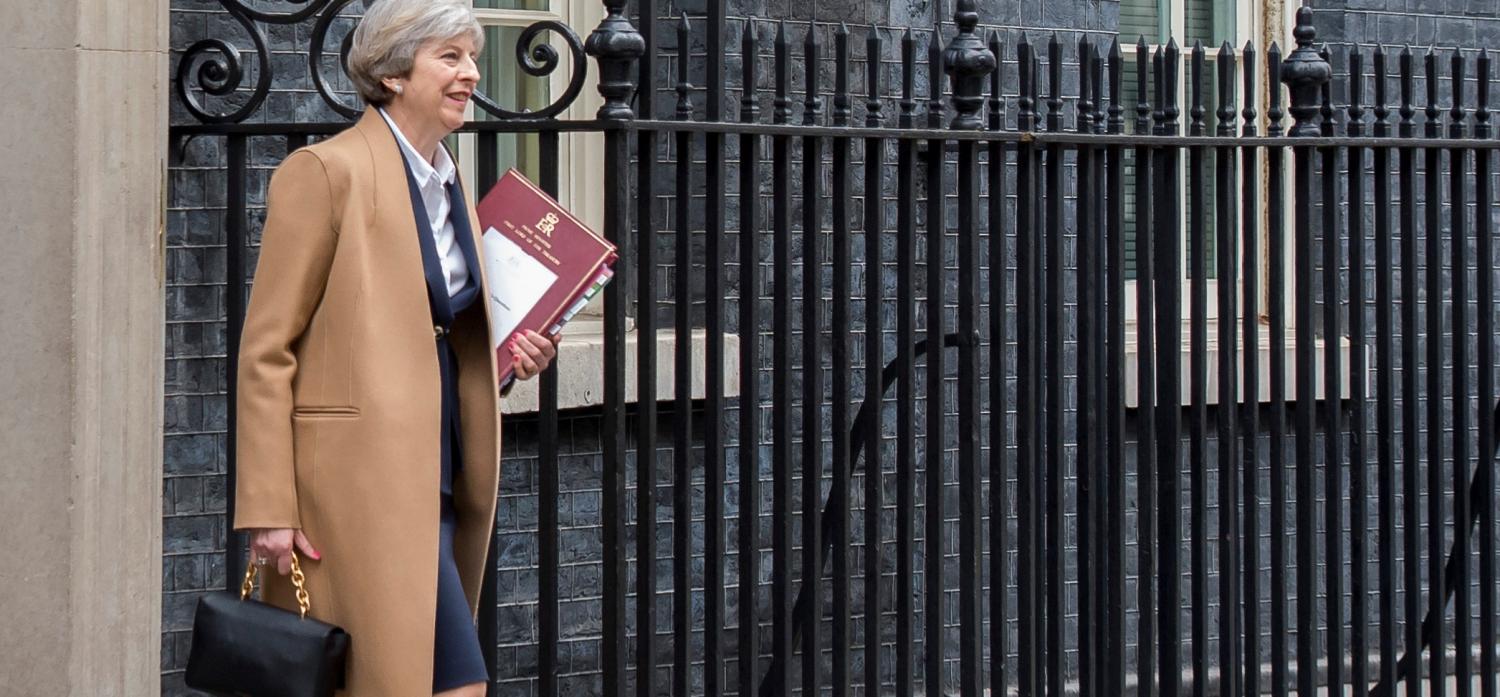British Prime Minister Theresa May's political calculation is so simple. The parliament at Westminster will give May the go-ahead for an 8 June early election, positioning the UK for a clear, hard-nosed negotiating position to leave the EU. And the polls are clear. The Conservatives will gain up to 56 extra seats, Labour will be humiliated and minor parties such as the Liberal Democrats and UKIP may or may not do better but won’t matter.
Surely nothing could go wrong except that it does not help to look backwards to how polls failed to predict the Conservatives’ victory in 2015, Brexit last June and the victory of Donald Trump last November. Add in the forthcoming French elections and the volatile political mood elsewhere in Europe (and across the world, post-Trump), and the only certainty is that there is little rational and evidentiary guidance.
But for the record, the latest YouGov poll gives the Conservative Party a 21-point lead over Labour with 44% for the Tories and just 23% for Labour, followed by 12% for the Liberal Democrats, 10% for UKIP and 10% for other parties. On the question of who would be make best prime minister, Theresa May received 50% and Labour leader Jeremy Corbyn polled only 23%.
There is some validity to May's argument that going to the polls will 'bring stability' to and strengthen her government's Brexit bargaining position over the next two years. She was candid at least in saying she did not want to be facing EU negotiators close to an election, with intense domestic bickering hampering Britain's stance with Brussels. At present her majority is 17 seats. 'If we don't hold a general election now, their political game-playing will continue and the negotiations with the European Union will reach their most difficult stage in the run-up to the next scheduled election,' she said.
Her opponents see that as tosh and say her opportunism in the face of Labour's disarray is obvious. They point to her previous statements that she would not seek an election before the scheduled 2020 poll.
But if the polls turn out to be accurate this time then she will face the problem all successful leaders have in a parliamentary system, namely a huge backbench with not much to do but hatch plots and possibly provide no more stability than she has now. May might even have to deal with an increase in the number of hardline Brexit MPs joining her at Westminster.
But her target is clear enough: Brussels must understand the resolve of the British people and the 8 June election is designed to tell Europe that Britain is stronger and more determined since last year's vote to leave.
For now, the EU is officially shrugging off the snap election. A spokesman for European Council President Donald Tusk said the 27 remaining EU states would not change their Brexit plans. 'We expect to have the Brexit guidelines adopted by the European Council on 29 April and Brexit negotiating directives on 22 May,' the spokesman added, failing to mention the impact the French presidential elections could have when they are held over two rounds on 23 April and 7 May.
While the polls suggest Theresa May might get her strong electoral signal to Brussels, there is no evidence that the EU will water down its view that leaving the EU must not be easy, especially because this is the first time and especially if French voters give a strong showing to Marine Le Pen. Germany goes to the polls in September and EU supporters are hoping that the elections in The Netherlands last month demonstrated that populist far-right anti-EU swings are not nearly as strong as previously thought.
The other unknowns to be watched, as much from Brussels as Westminster, will be the showing in Scotland, where the vote to remain in the EU last June was overwhelming and Scotland’s First Minister, Nicola Sturgeon, will use the campaign to further push for Scottish independence from the rest of Britain.
The other unknown is the vote for the Liberal Democrats and its leader Tim Farron, ardent campaigners for Brexit to be reversed. They might pick up a lot of votes from demoralised Labour voters, as Labour says it now agrees with Brexit.
Photo by Flickr user Number 10.
